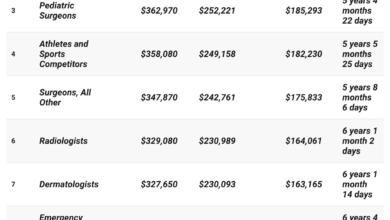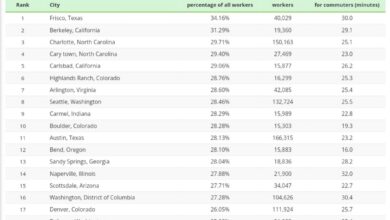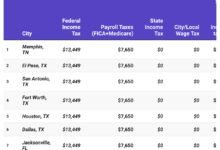The shares of Deutsche Bank experienced a 9% decline following an unexpected increase in the cost of insuring against the possibility of the bank defaulting.
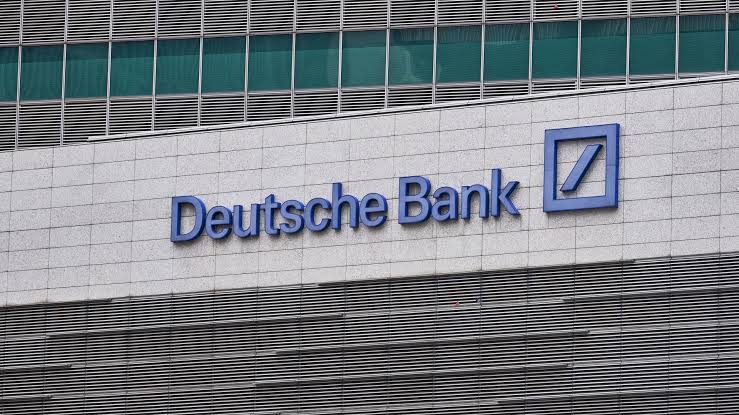
The stocks of the German lender have declined for the third day in a row, resulting in a loss of more than 20% of their value this month.
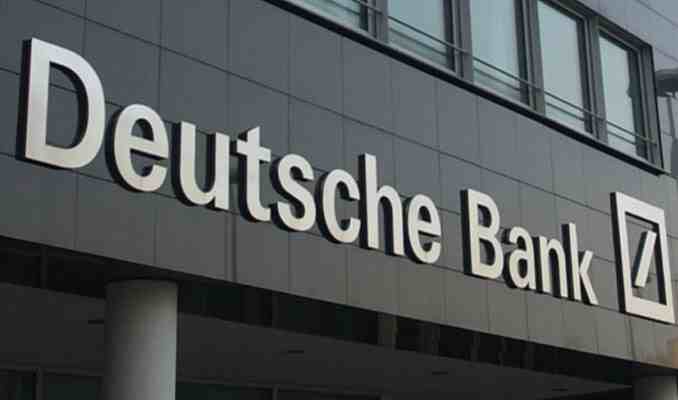
Shares of Deutsche Bank dropped by over 9% during the initial trading hours on Friday, after a surge in credit default swaps on Thursday night. The persistent concerns about the stability of European banks seem to have contributed to this decline.
Over the course of this month, shares of the German lender have declined for three consecutive days, resulting in a loss of over 20% of their value. On Thursday evening, credit default swaps, which provide protection to a company’s bondholders in the event of default, rose to 173 basis points compared to the previous day’s 142 basis points.
Investors are worried about contagion following the emergency rescue of Credit Suisse by UBS, which occurred after the collapse of Silicon Valley Bank in the United States. These concerns were exacerbated by the U.S. Federal Reserve’s decision to further tighten monetary policy on Wednesday.
This week, the writedown of Credit Suisse’s additional tier one (AT1) bonds as part of its rescue plan caused a stir, bringing attention to this asset class. As a result, Deutsche Bank’s AT1 bonds also experienced significant declines. On Friday, major European banking stocks, including Commerzbank, Credit Suisse, Societe Generale, and UBS, all fell by more than 5%, with Deutsche Bank leading the overall downward trend.
Moody’s, a credit rating agency, stated in a note on Wednesday that the recent measures taken by financial regulators and governments to contain the risks posed by the issues faced by individual lenders are likely to be effective in preventing further spread of the problem.
“However, in an uncertain economic environment and with investor confidence remaining fragile, there is a risk that policymakers will be unable to curtail the current turmoil without longer-lasting and potentially severe repercussions within and beyond the banking sector,” the ratings agency’s credit strategy team said.
Prior to the onset of banking system strains, it was already anticipated that global credit conditions would deteriorate in 2023 due to the impact of markedly elevated interest rates and reduced growth, including the occurrence of recessions in certain nations.
Moody’s has warned that if central banks persist in their attempts to curb inflation, the longer financial conditions remain stringent, the higher the probability that the pressures could extend beyond the banking industry, leading to more significant financial and economic harm.


